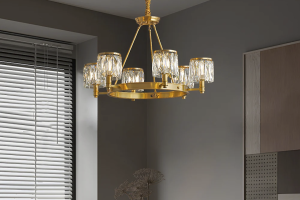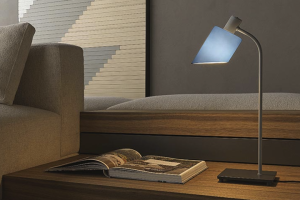Introduction
Wooden bird cages have been a part of human culture for centuries, and for good reason. These beautiful and intricate pieces of art have a timeless charm that is hard to find in modern cages. Not only do they provide a safe and comfortable space for birds, but they are also a symbol of nature’s beauty, a reminder of what we are striving to preserve.
History of Wooden Bird Cages
The history of wooden bird cages can be traced back to ancient China, where they were used to keep songbirds. It was believed that keeping these birds helped cultivate one’s appreciation for the beauty of nature. Over time, wooden bird cages became popular in other parts of the world, including Europe and the Americas.
During the Victorian era, wooden bird cages became objects of art and status symbols. They were often intricately carved and decorated with elaborate designs. Some of the most beautiful wooden bird cages were made by skilled artisans and were considered highly valuable.
Advantages of Wooden Bird Cages
One of the main advantages of wooden bird cages is their durability. Unlike modern cages made of plastic or metal, wooden cages can last for decades if properly cared for. They are also much more aesthetically pleasing than other types of cages, adding a touch of natural beauty to any home.
Additionally, wooden bird cages are easier on birds’ feet than wire or plastic cages. They provide a more natural surface for birds to perch on, reducing the risk of foot injuries.
Disadvantages of Wooden Bird Cages
While there are many advantages to wooden bird cages, there are also some disadvantages to consider. Wooden cages are more difficult to clean than metal or plastic cages, as they can absorb moisture and odors. This can make them a breeding ground for bacteria and other harmful substances.
Additionally, wooden bird cages are often more expensive than other types of cages. This can make them out of reach for some bird owners.
Caring for Wooden Bird Cages
To care for a wooden bird cage, it is important to keep it clean and dry. Regular cleaning with disinfectants can help reduce the risk of bacterial and fungal growth. It is also important to replace any damaged or worn parts, such as perches or doors.
It is also a good idea to keep wooden bird cages out of direct sunlight and away from heat sources. This can cause them to dry out and crack, reducing their lifespan.
The Future of Wooden Bird Cages
As concerns about animal welfare and environmental sustainability continue to grow, the future of wooden bird cages remains uncertain. While they are undeniably beautiful and functional, there are concerns about the impact of wood harvesting on natural ecosystems.
Despite these concerns, many bird lovers continue to appreciate the timeless charm of wooden bird cages. As long as they are ethically sourced and properly cared for, they will continue to be a symbol of nature’s beauty for generations to come.
Conclusion
In conclusi





More Stories
The Elegance of Spiral Staircase Chandeliers: A Perfect Blend of Form and Function
The Elegance of Sconce Hallways: Illuminating Your Passages with Style
Illuminate Your Space with Adjustable Wall Lights in the UK